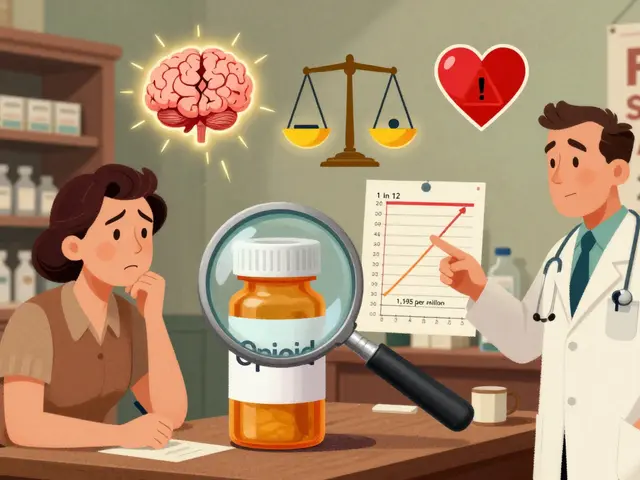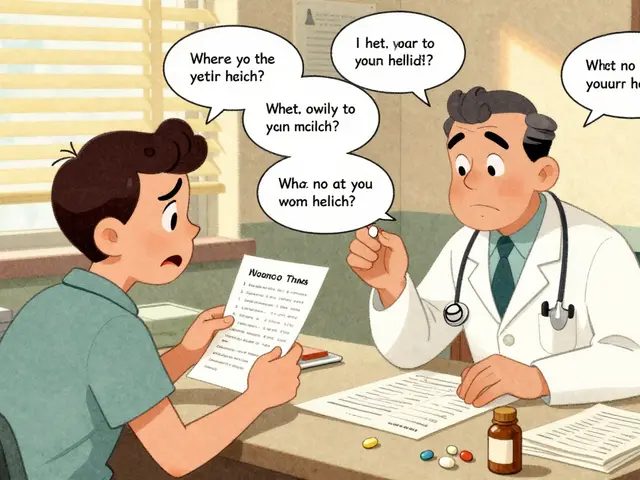Heart Conditions: What They Are and How to Handle Them
If your chest feels odd, you get short of breath, or your doctor mentions “cardiovascular,” you’re probably dealing with a heart condition. Knowing the basics helps you act fast and stay safe.
Common Heart Conditions
Most people hear about heart disease, but the term covers many problems. Coronary artery disease (CAD) is the classic one – plaque builds up in the arteries and reduces blood flow. Angina, the chest pain from CAD, often shows up during exercise or stress.
Heart failure isn’t just “a weak heart.” It means the heart can’t pump enough blood for the body’s needs. Symptoms include swelling in the legs, fatigue, and a persistent cough.
Atrial fibrillation (AFib) is an irregular heartbeat that can cause dizziness, palpitations, and a higher stroke risk. It’s common in older adults but can affect anyone.
Valvular problems, like a leaky mitral valve, change how blood moves through the heart. They may cause shortness of breath or heart murmur sounds that doctors hear with a stethoscope.
Even medication side effects matter. For example, Verapamil, a drug often used for hypertension, can affect sleep patterns and tone down heart rate.
Managing Your Heart Health
First, see a doctor if you notice any new chest pain, unexplained fatigue, or swelling. Early detection lets you treat the problem before it worsens.
Lifestyle changes are the backbone of heart care. Cut down on salty foods, limit sugary drinks, and aim for at least 150 minutes of moderate exercise each week. Even a brisk walk can improve circulation.
Quit smoking and reduce alcohol. Both raise blood pressure and damage arteries. If you need help quitting, ask your pharmacist – many offer nicotine replacement or counseling.
Medications can control blood pressure, lower cholesterol, and keep rhythm regular. Always follow the exact dosing instructions and ask your pharmacist about possible side effects.
Regular check‑ups keep you on track. Blood pressure, cholesterol panels, and ECGs (electrocardiograms) give a snapshot of how your heart is doing.
If you’re prescribed a blood thinner for AFib, know how to manage it. Consistency matters; missing doses can raise stroke risk.
Stress management isn’t a buzzword. Chronic stress spikes heart rate and blood pressure. Simple breathing exercises, meditation, or a hobby can keep stress in check.
Weight control also supports heart health. Even a modest loss of 5‑10% of body weight can lower blood pressure and improve cholesterol.
Stay informed about new treatments. Things like newer anticoagulants or minimally invasive valve repairs are becoming more common and may be options for you.
Remember, you don’t have to figure everything out alone. Pharmacists, nurses, and your primary care doctor are all part of the heart‑care team.
By spotting symptoms early, making smart lifestyle choices, and staying on top of medication, you can keep your heart ticking strong for years to come.





